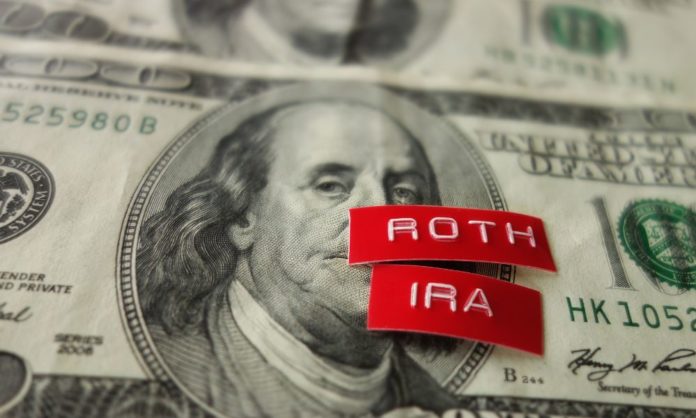Entering young adulthood is a milestone in a person’s life. Stepping into a new world of responsibilities, experiences, and opportunities can be overwhelming for the average 18-year-old because, sadly, some people don’t learn healthy financial habits at school or home. Learning how to set yourself up for financial success at 18 will prepare you for a brighter, less stressed future.
Start Thinking About Your Future
You may be 18, but thinking about what your life might look like 40 years from now is a great way to start setting yourself up for financial freedom. It’s never too early to open a retirement savings account and start funding your retirement. When you begin to save now, the money will accumulate in value because of compound interest. Talk to your parents, a trusted guardian, or a financial advisor about the best choices for building a foundation for your retirement.
Pay With Cash
One of the best ways to practice self-control is to pay with cash instead of a credit or debit card. Spending $200 with a debit card is so easy because you physically don’t see the money leaving your account. And paying with a credit card is even easier because you don’t have to pay the amount back right away. However, paying with cash will allow you to see how much money you spent and what you have left.
Create a Financial Plan & Stick With It
Creating a budget will allow you to pay your bills and still have a night of fun once in a while. The goals are to make sure you’re living within your means and to clearly understand your spending habits. Creating a financial plan can be a wake-up call to realizing how much you spend on eating out, clubbing, entertainment, and clothing. Keep your larger expenses, such as rent, in a separate account to avoid overspending, and make sure you have enough money to pay your bills on time.
Start an Emergency Savings Account
Accidents happen, and setting up an emergency savings account will help you prepare for unexpected incidents. Every month, you should stash at least $20 in an emergency account to make sure you have money available for unforeseen medical or vehicle expenses.
Learn About Taxes
Before you get your first paycheck, you should understand income taxes. When a company offers you a salary, calculate whether that salary is enough for you to survive, save toward retirement, and pay any financial obligations. There are countless online calculators that will help you calculate your income after taxes.
Financially planning for adulthood can seem scary, but luckily, you don’t need a degree in finance to become an expert at managing your finances and setting yourself up for success. Follow our tips to build a financial strategy and help yourself live your life stress free.








